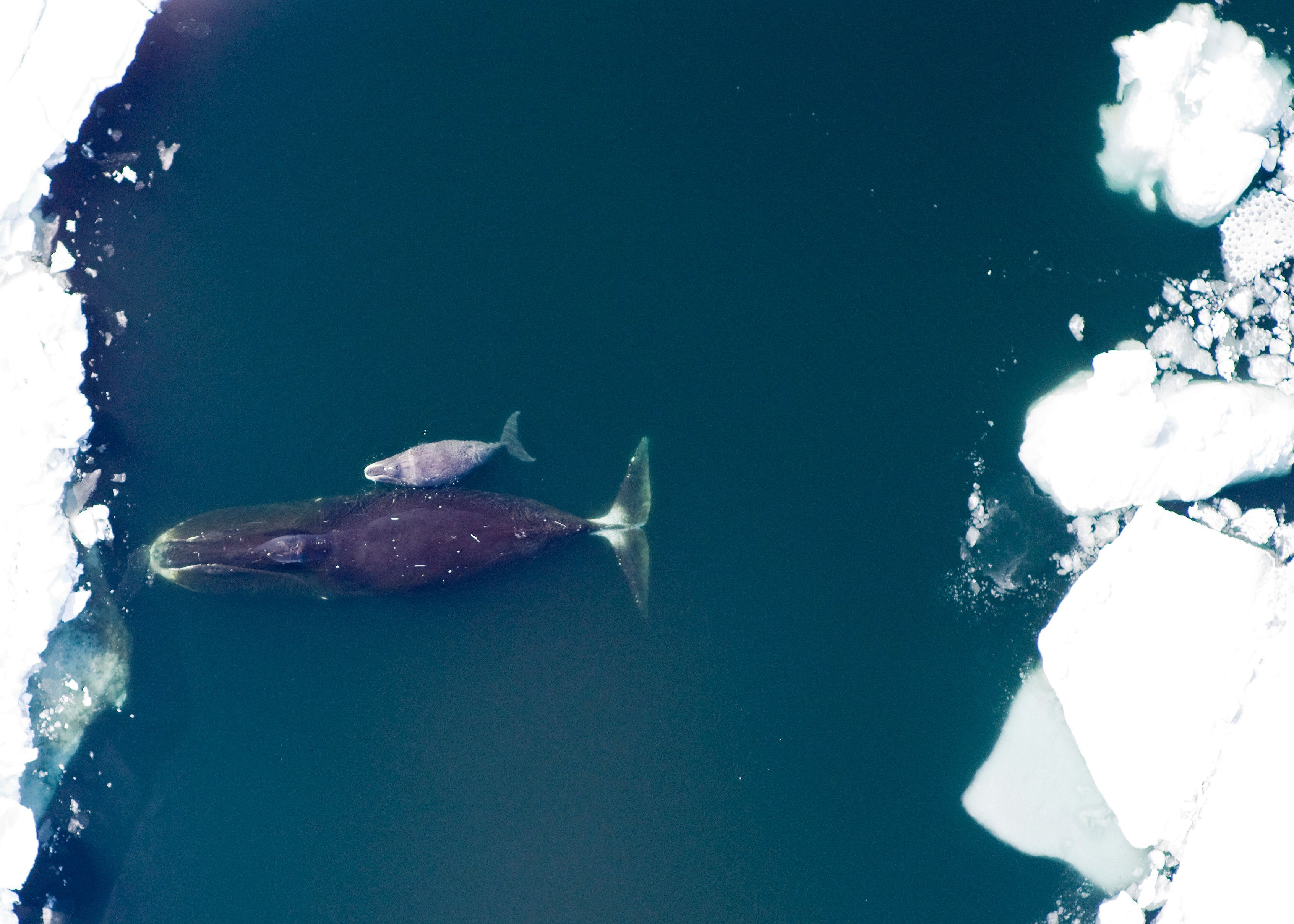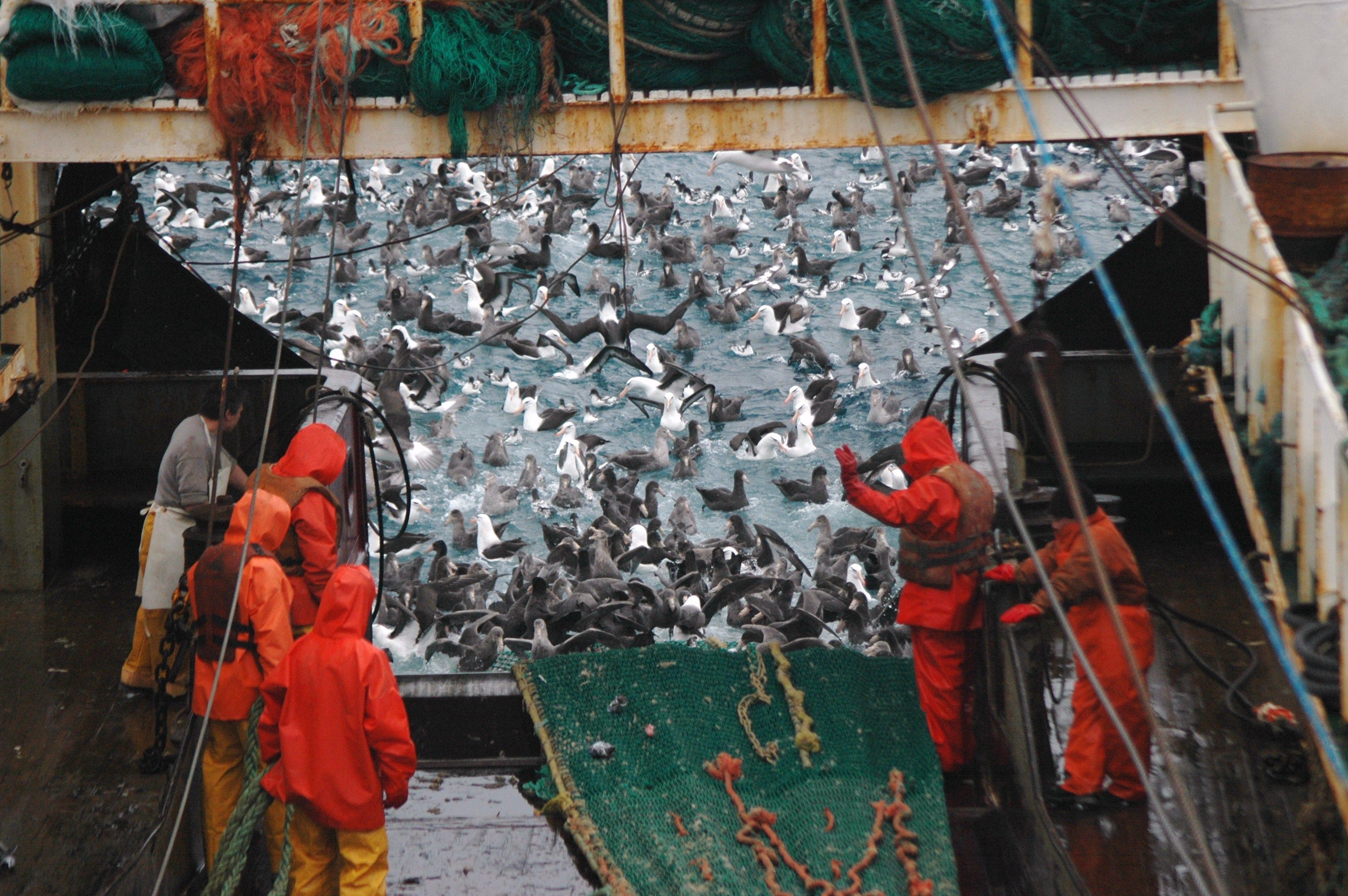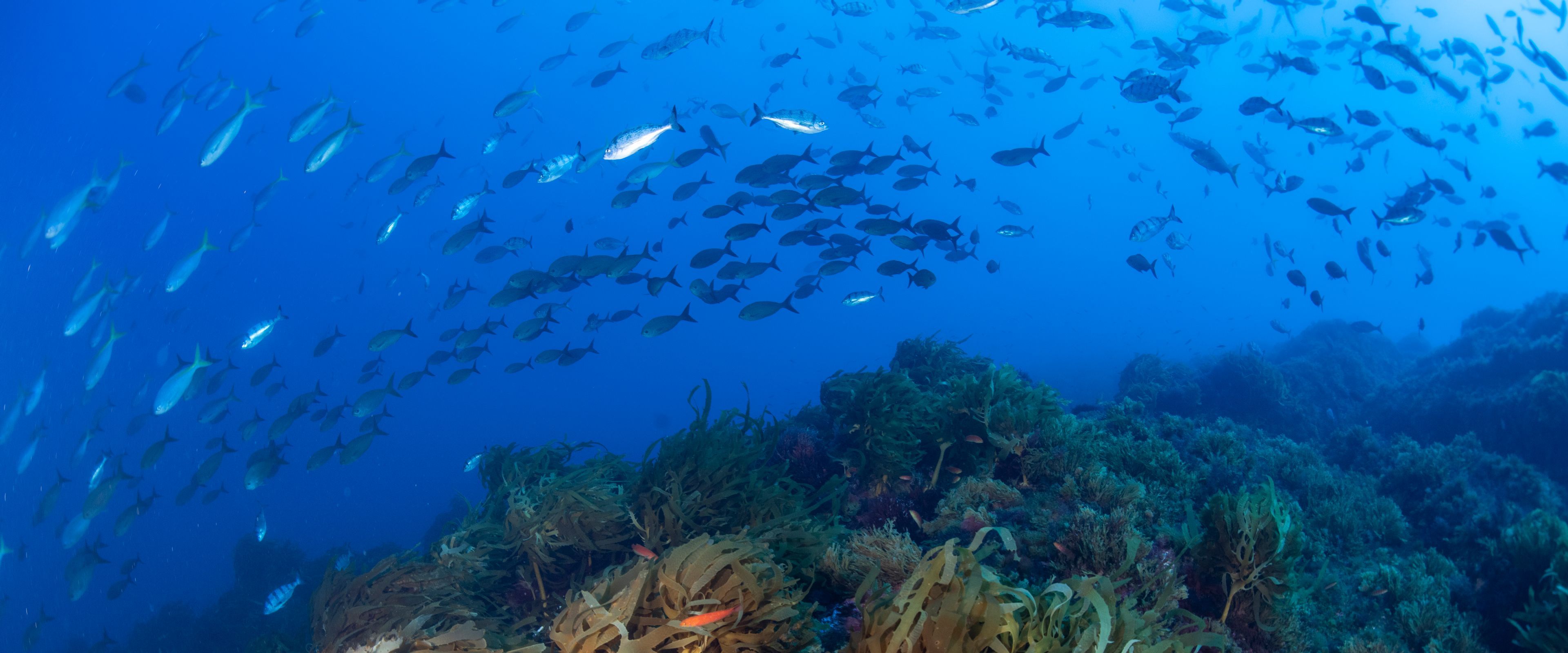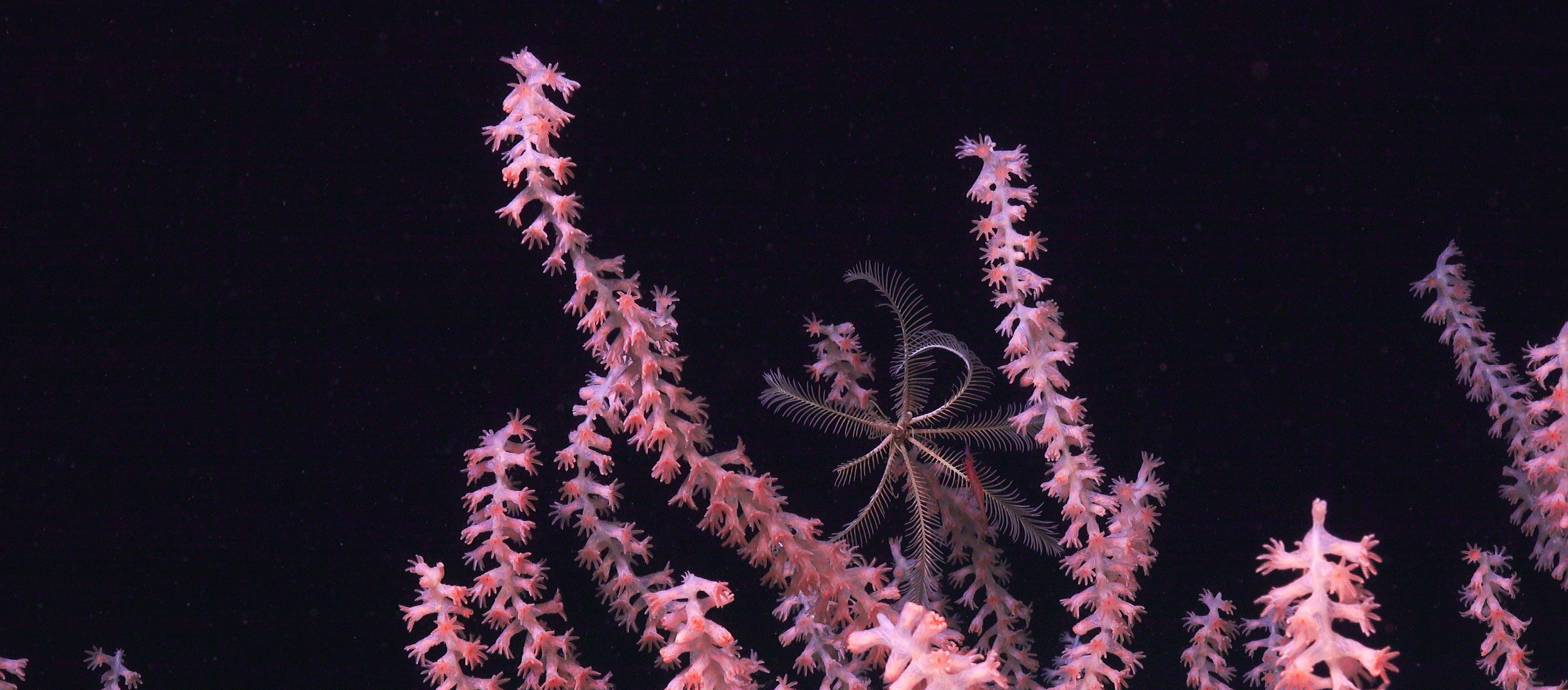Deep ocean blues
For centuries we have treated the ocean as if it was infinite and inexhaustible, a store of limitless benefits without a price to pay. Today, reality is catching up with us. Here are some of the threats facing the high seas:
Climate change
The ocean cools the planet and slows the greenhouse effect, but there are limits to the climatic conditions it can support. It has absorbed 80% of the excess heat generated since the Industrial Revolution, and surface temperatures are now warming at 0.1°C per decade, increasing ‘stratification’ in the water column: the warmer the surface gets, the less it mixes with deeper layers, disrupting life-giving carbon and nutrient cycles.

Changing circulation alters ocean currents, with direct impacts on global weather patterns. What’s more, so much CO2 has already been absorbed that the ocean has become 26% more acidic since the Industrial Revolution. This unprecedented transformation threatens shell-forming species of all kinds, from corals to the miniscule pteropods at the base of marine food webs – and puts our own food security in doubt.
Overfishing
Marine fisheries supply a vital part of our global diet, but decades of greed and mismanagement have brought many species to the brink. Today about 60% of marine stocks are fully exploited, and a third are overfished. Bycatch takes a heavy toll on ocean life. On the high seas, the numbers of large predatory species – tunas, sharks and the like – have crashed by 90% since we started catching them. Once-abundant species like bluefin tuna are now facing commercial extinction. As fish numbers fall, we’re going further and deeper in search of fresh quarry: today’s gears reach down more than 2km to capture late-maturing deep-water species about which we know very little.
Industrialised fisheries typically reduce the biomass of target stocks by 80% within 15 years. And it’s not just the fish, we’re destroying their habitats too: every year, 15 million km2 of the ocean floor are damaged by trawling, which is like dragging a plough through an untouched forest. Entire marine ecosystems are being destroyed before we’ve even discovered them.

Food Security
Fisheries and aquaculture make significant contribution to world food security and human nutrition needs, and the 2030 Agenda for Sustainable Development has identified biodiversity as an important factor contributing to food security and improved nutrition. About 10% of the world's population directly depend on fisheries and aquaculture for their livelihoods and fish is one of the most traded food products. According to a 2020 UN Food and Agriculture (FAO) report, the ocean could provide more than two-thirds of the protein needed to feed the world in future. However, about 30 percent of marine fish stocks are fished at a biologically unsustainable level, many of them in the high seas. This overall depleted state of world marine fish resources has been deteriorating for some time. An April 2020 report by Greenpeace notes that “Well-managed fisheries are critical to the food security of coastal communities around the world, particularly in the Global South.
The contribution of fish to food security is staggering: capture fisheries and aquaculture provide three billion people with almost 20% of their average per capita intake of animal protein, whilst a further 1.3 billion people get about 15% of their per capita intake. Further still, people in Bangladesh, Comoros, Indonesia, Maldives and Sri Lanka get more than half of the animal protein in their diets from fish.” It is critical that governance gaps that contribute to poor management of our international waters are urgently addressed to ensure the equitable and sustainable future for generations to come.

And so much more…
Plastics are choking the ocean and ending up in the food chain. Ships leak chemical pollution, strike marine mammals, and spread invasive species. Underwater noise is forcing a change in the behaviour and physiology of marine fauna. Deep sea mining threatens vast expanses of the unexplored ocean floor, trashing the terrain, polluting the water column, killing everything in its path.In short, we cannot continue on this path, ignoring our deep connection and dependence on the ocean.

The High Seas Alliance is a partnership of over 45 organizations aimed at building a strong common voice and constituency for the conservation of the high seas, and to strengthen high seas governance through a new international high seas treaty. For more information, visit the website.
Share: